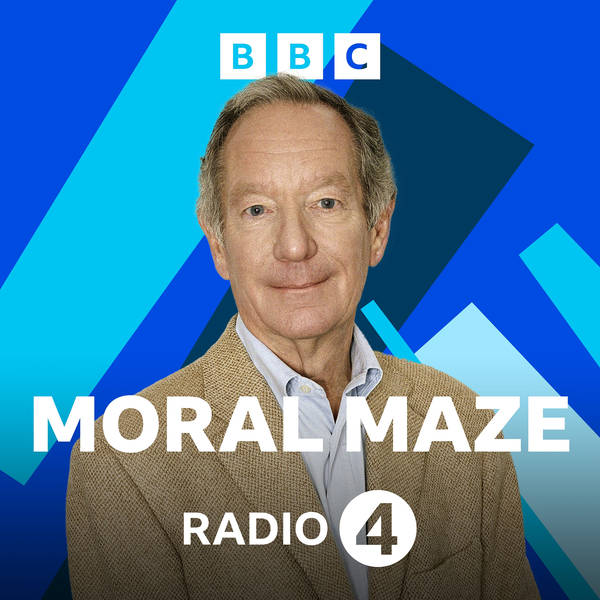
The morality of parental rights
The case of Charlie Gard, the desperately sick 11-month-old on life support in London's Great Ormond Street Hospital, has captured the attention of the world. At the centre of it are two parents who instinctively believe in going to any lengths to fight for their baby's life, even when the doctors treating him have reluctantly come to accept there is nothing more to be done to mitigate the effects of his exceptionally rare genetic condition. The legal battle raises painful ethical questions about who - parents, doctors or judges - should decide whether or not to continue the treatment of a critically-ill child, and where the line should be drawn between preserving life and preventing suffering. Away from the strict field of medical ethics, there are wider questions about the value society should place on the parental claim to know what is best for a child. Should there be limits on parents' rights to make decisions for their children, based on their own personal moral, ideological or religious convictions? Should they, for example, have the right to withdraw their child from compulsory sex education? Should babies be subjected to certain religious rituals or cultural practices which are the subject of wider ethical concerns? It could be argued that children don't belong to their parents as much as they belong to the community as a whole and that there is a collective duty of care which trumps parental wishes. On the other hand, if parents are responsible for taking all sorts of practical decisions for the sake of their children's well-being until they're 18 years old, isn't it also reasonable to accept their right to make moral judgements on their behalf? To what extent should the state be responsible for determining what are 'good' and 'bad' parental decisions? The morality of parental rights. Witnesses are Ed Condon, Prof Raanan Gillon, Carol Iddon and Prof Dominic Wilkinson.
Producer: Dan Tierney.
